As Magyar Nemzet reported, Hungary blocked the extension of sanctions against Russia, putting significant pressure on European Union decision-makers. Prime Minister Viktor Orban made it clear that Hungary's support is conditional on the resumption of natural gas and oil transit through Ukraine, which has been halted in recently.
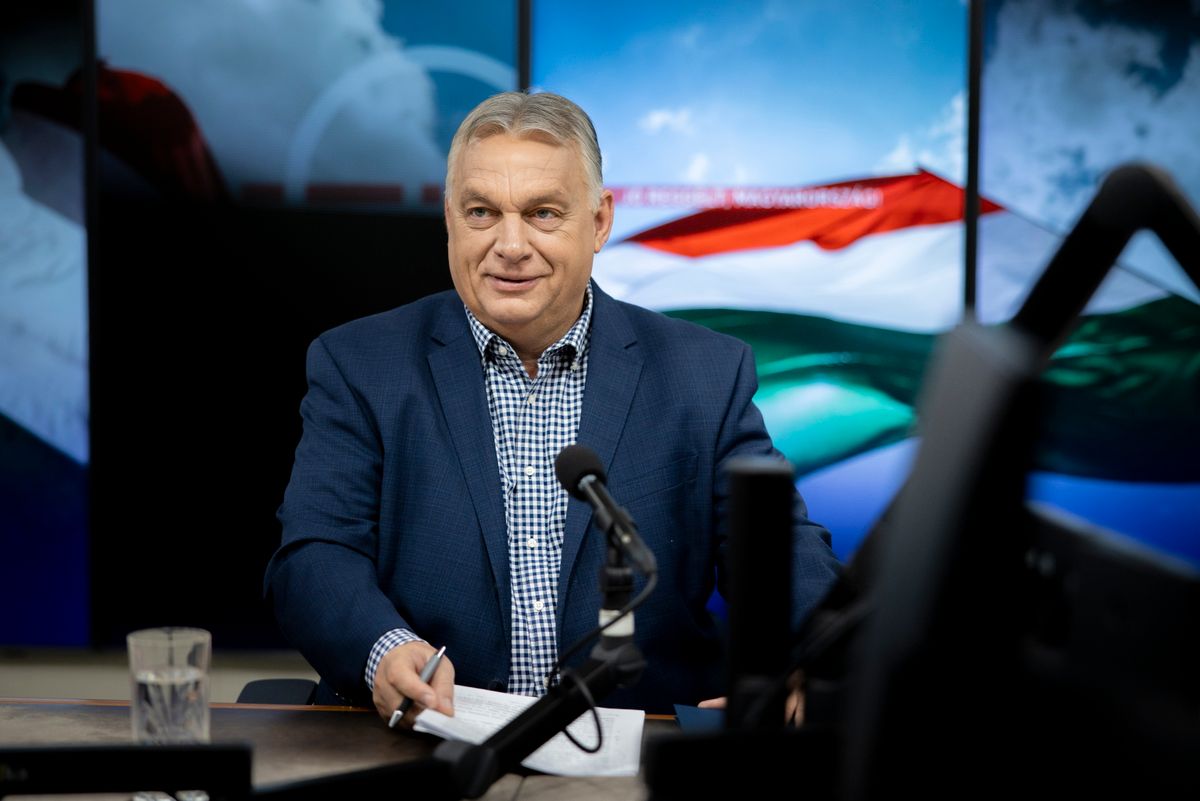
The extension of sanctions requires the unanimous approval of all 27 EU member states, which must be achieved by the end of January.
Brussels argues that sanctions help support Ukraine and harm Russia, but the past years have shown that this is not true.
During his Friday morning interview on Kossuth Radio, Viktor Orban also discussed Ukraine's decision to halt Russian natural gas transit, exerting pressure on EU member states. The Hungarian Prime Minister emphasized that Ukraine must allow the resumption of Russian gas and oil transit to Hungary.
Although Hungary has built alternative supply routes in recent years, the PM noted that the shutdown of Ukrainian transit has significantly increased energy costs.
The Hungarian government is unwilling to continue making further sacrifices to maintain a sanctions policy that harms Europe.
Since the outbreak of the Russia–Ukraine conflict in 2022, the European Union has adopted several sanction packages against Moscow, each requiring unanimous renewal every six months.
The main goal of these sanctions was to weaken the Russian economy. However, they have failed to achieve this aim and have severely impacted Europe's economy instead. Viktor Orban has maintained since the beginning of the war that sanctions are not a solution but rather exacerbate the crisis.
I pulled the handbrake and told European leaders that this cannot continue,
Orban stated.
He stressed that the sanction system is fundamentally flawed and has cost Hungary €19 billion.
Failed Sanctions
Regarding the EU's botched sanctions policy, Foreign Minister Peter Szijjarto said,
"The European Union has been forcing a failed sanctions policy against Russia, which has not achieved its objectives but has caused enormous damage to the Hungarian economy, amounting to about 7,500 billion forints so far."
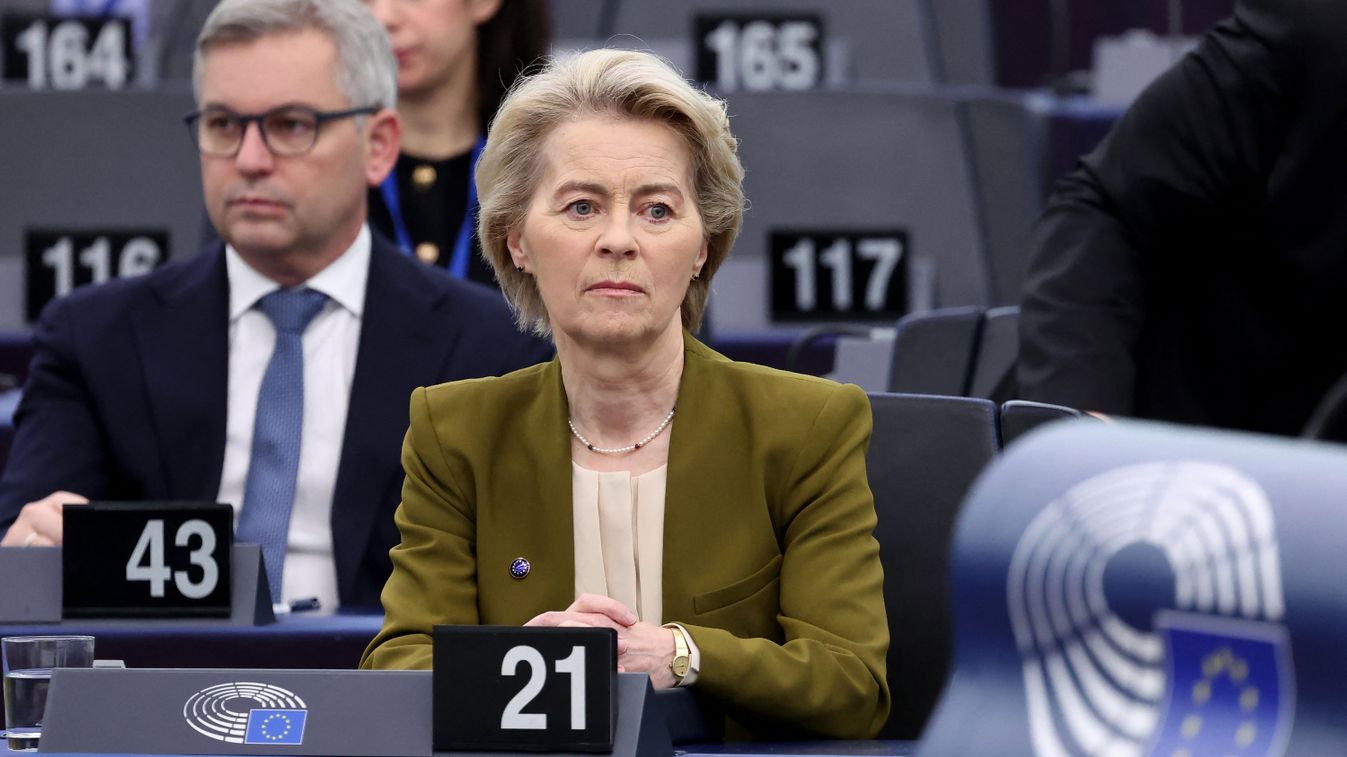
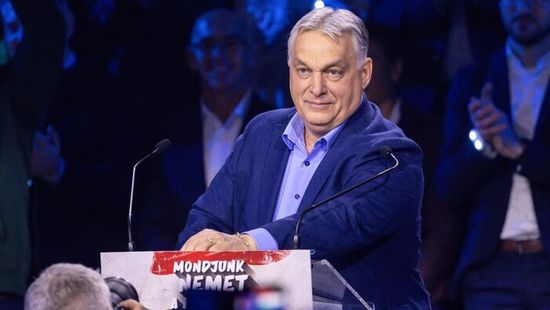
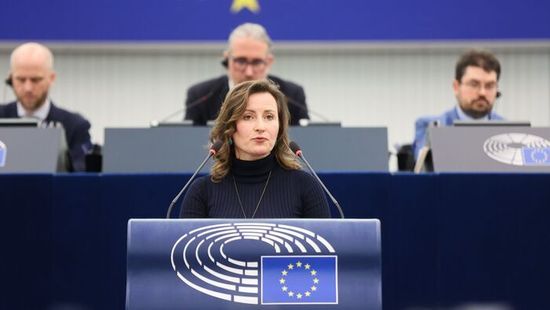
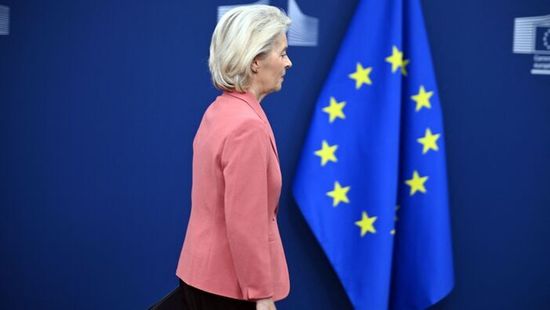
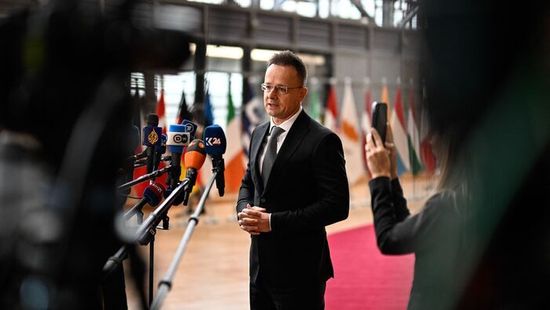

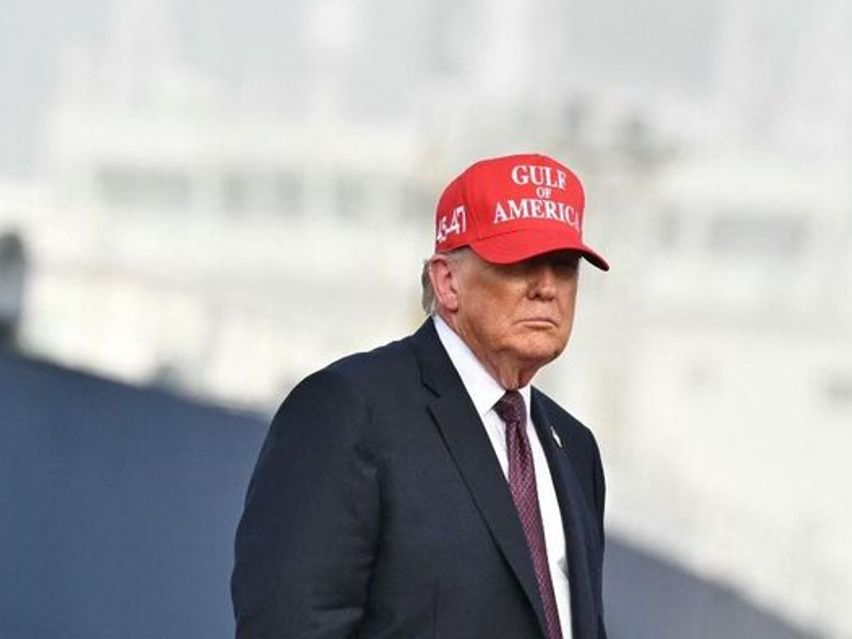
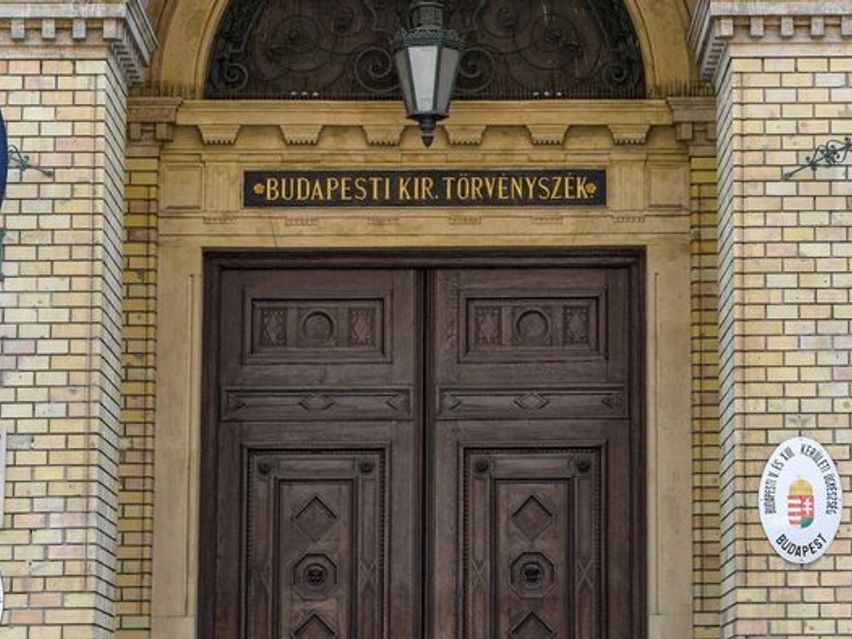
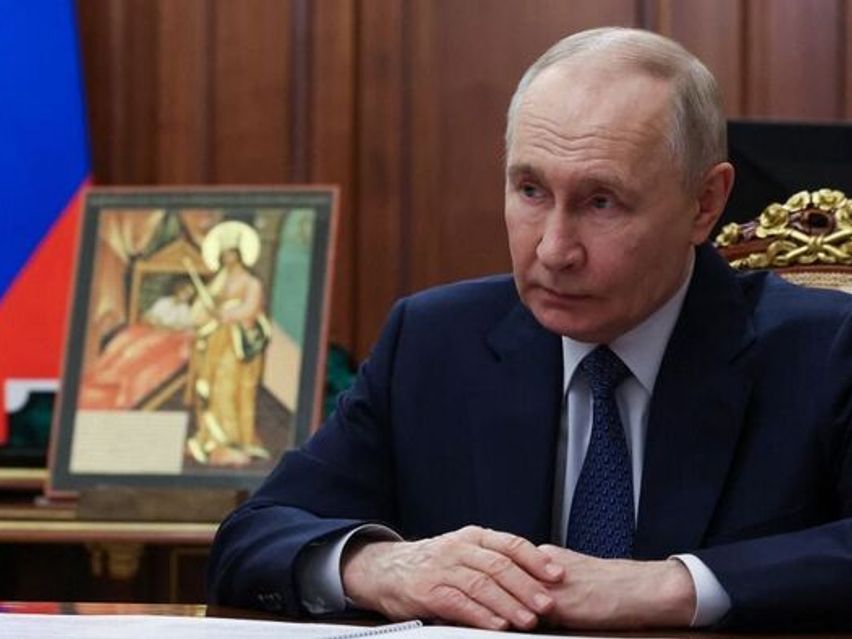



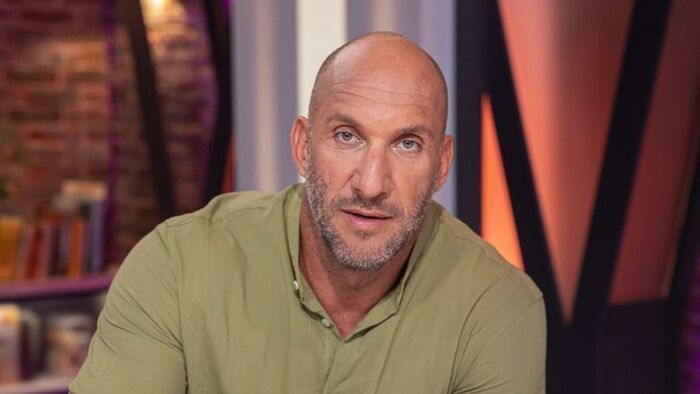
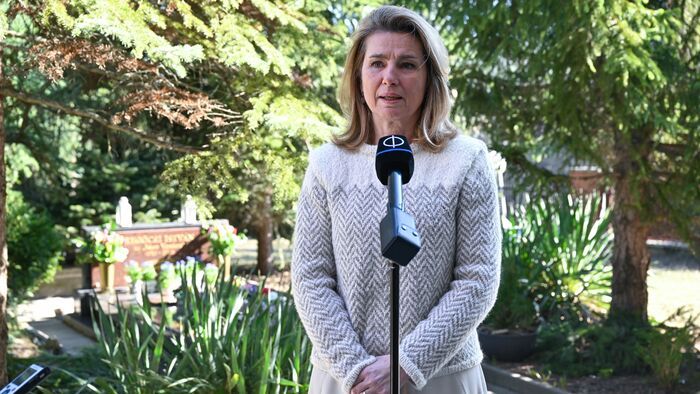

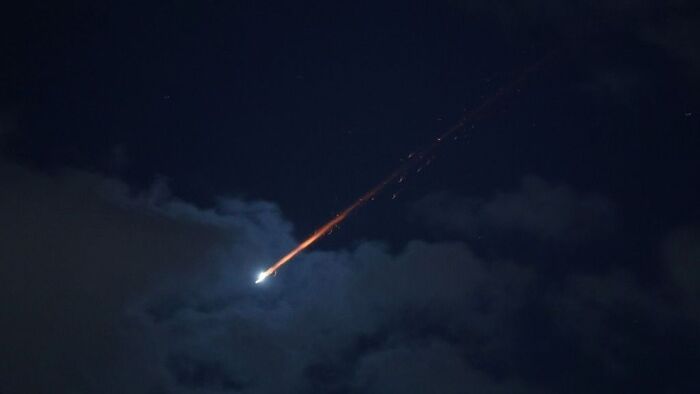
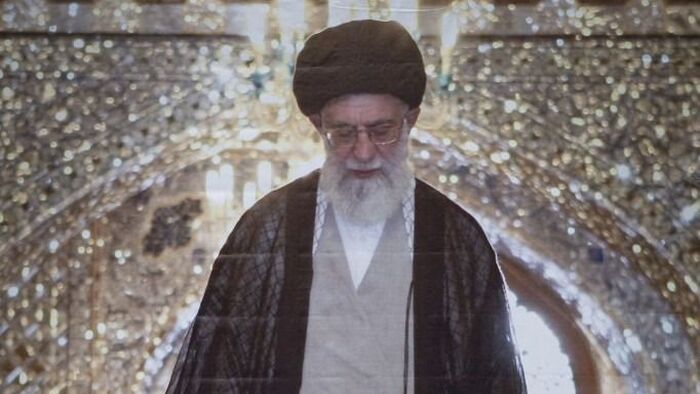
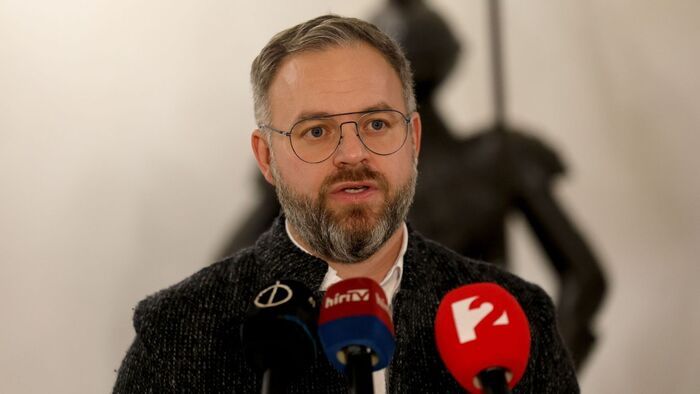





Szóljon hozzá!
Jelenleg csak a hozzászólások egy kis részét látja. Hozzászóláshoz és a további kommentek megtekintéséhez lépjen be, vagy regisztráljon!